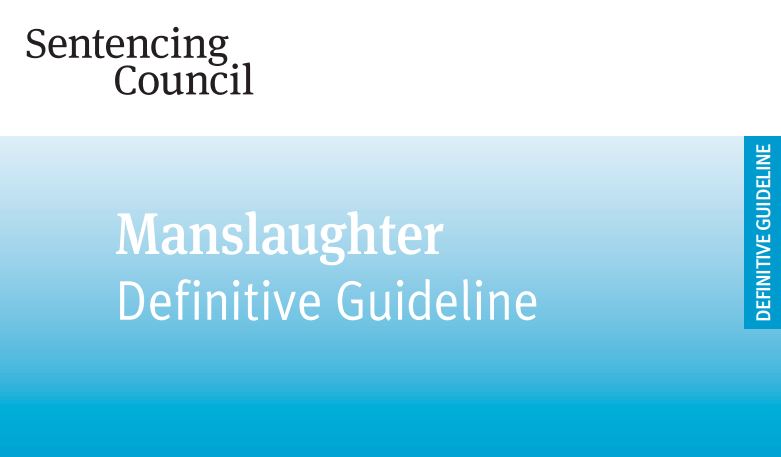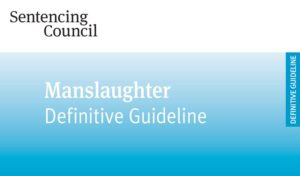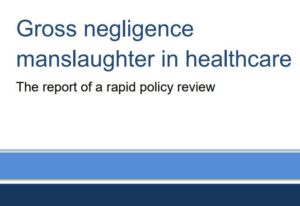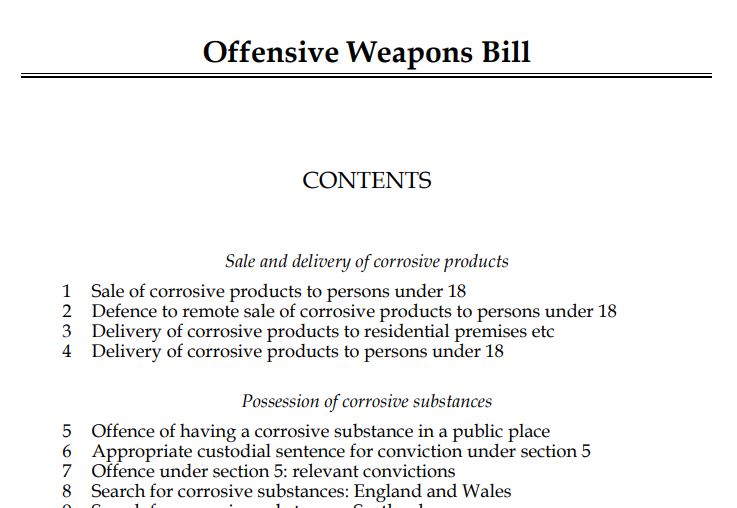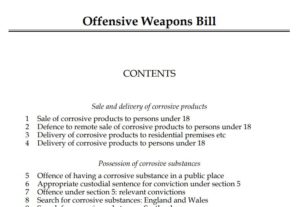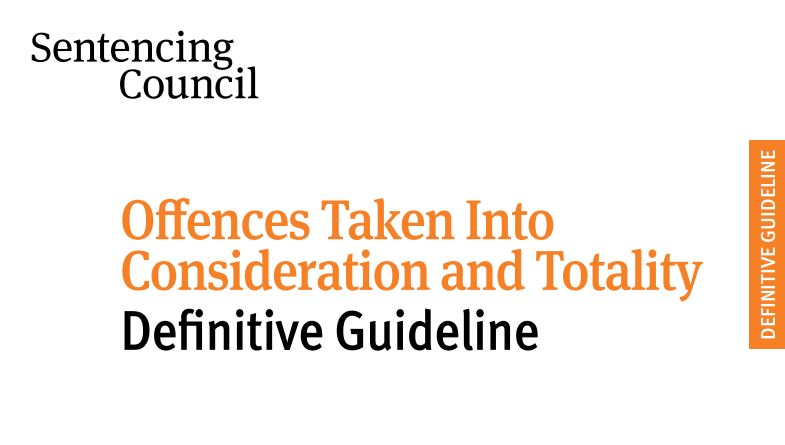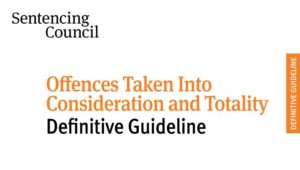In recent years legislation has been enacted to ensure that crimes demonstrating a hostility towards certain groups of people are treated more seriously than before. If an offence is said to be racially aggravated, then you should expect a more significant sentence if convicted.
What does it mean for an offence to be racially aggravated?
An offence is racially aggravated if, at the time of the offence, you demonstrate toward the victim hostility based on his membership of a racial group or the offence is motivated by that hostility.
So, shouting racist abuse or making racist comments will make an offence racially aggravated. An offence will also be deemed racially aggravated where no comments are made but the offence is committed against someone because of their race.
Offences as a result of hostility toward a religious group, rather than due to race, are treated in the same way.
The fact that the victim may be indifferent to any abuse is irrelevant to whether the offence is racially aggravated.
It is also irrelevant if the reason for the offence was unrelated to race. For example, abusing a doorman because he wouldn’t let your friend into a club in combination with racist language will be sufficient.
How does it affect sentencing?
Each offence in law has a maximum sentence attached to it. For offences that are racially aggravated that maximum sentence is increased. For example, common assault carries six months imprisonment but the racially aggravated offence increases the maximum sentence to 2 years. For assault occasioning actual bodily harm the maximum sentence increases from 5 to 7 years.
The starting point is to consider the sentence that would have been imposed for the offence if it was not racially aggravated after consideration of all the other aggravating or mitigating factors in the case.
The sentence will then be increased to take account of the racial aggravation.
The extent of the increase in sentence will depend on the level of aggravation. The court will consider whether the offence was:
- planned
- part of a pattern of offending
- deliberately set up to be humiliating to the victim
- committed in the victim’s home
- repeated or prolonged
Account will also be taken of any distress caused to other persons or the wider community and whether the offender was a member of a group that promotes hostility.
Does it have to be charged as being racially aggravated?
Even if the offence isn’t specifically charged as being racially aggravated the circumstances can be treated as an aggravating feature in sentencing (O’Leary [2015] EWCA Crim 1306).
How can a criminal law specialist help?
As you can see such offending is treated seriously by the courts so it will be important that you seek early advice from a criminal law solicitor.
As a result, if you are arrested or know that the police wish to speak to you about an offence then make sure you insist on your right to free and independent legal advice.
The advantages of such early advice legal advice can be found here.
If you have already been interviewed or face court proceedings we can still make a real difference to the outcome of your case. Legal aid may well be available to fund your defence at court.
We have offices across the East Midlands. You can find your most convenient office here. Alternatively you can contact us using the form below.



